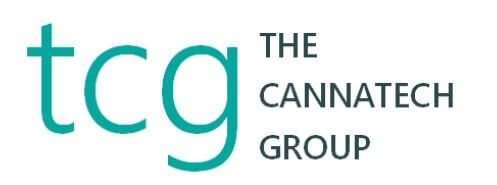MSPs say their cannabis industry customers are (surprise!) the nicest and most easygoing. Good thing, because the vertical itself is among the more challenging.
IT’S TIME TO INHALE a new opportunity. To date, 33 states and the District of Columbia have passed laws legalizing cannabis in some form—for medical use, CBD products, or recreation for adults over 21—and have new “cannabusiness” operators in need of help with physical security, backup, disaster recovery, and more. But to tap into this lucrative market, MSPs will need to cultivate deep industry knowledge and manage some unique challenges.
“In order to be respected and to be competitive, you need to understand the industry very, very well,” says Luis Alvarez, president and CEO of Salinas, Calif.-based IT services provider Alvarez Technology Group, which launched its Veo Verde Technology division to capitalize on the cannabis boom. “You can’t treat them like the law office or CPA firm or manufacturing company. They’re different, and they know they’re different. And they don’t want to have to explain it.”
Doing that homework is worth your while, however. Data analytics company Nielsen reported $8 billion in legal cannabis sales in the U.S. in 2018, projecting more than $40 billion by 2025. This year, BDS Analytics reported $648 million combined sales in June alone in Arizona, California, Colorado, Nevada, Oregon, and Washington, about 70% of legalized U.S. sales.
Although increasing competition, rising business costs, and lower product prices are forcing some small cannabusinesses to close, the industry’s overall growth is bringing profitable business to some channel pros.
Work the Supply Chain
Cannabis products are diverse. Companies in the industry “can be a butcher, a baker, or a candlestick maker—literally,” says Harry Brelsford, CEO of event and publishing company SMB Nation, and an investor in businesses servicing the cannabis industry.
MSPs say the best opportunities are with cannabis growers and processors that need extensive video surveillance and data storage in order to comply with state laws, as well as access control, wireless device and IoT monitoring, PCs, and cloud-based services. The industry is also developing a network of ancillary businesses such as packaging and accessory vendors channel pros can serve.
Growers and processors are two parts of a three-part supply chain that ends with retail, typically small dispensaries with few profitable IT needs and a reluctance to spend. “I think a lot of people make a mistake when they lead with point of sale,” says Brelsford. “That’s the last mile. You’ve got to back way up the supply chain and talk about compliance and security. Then just let everything trickle down from there.”









